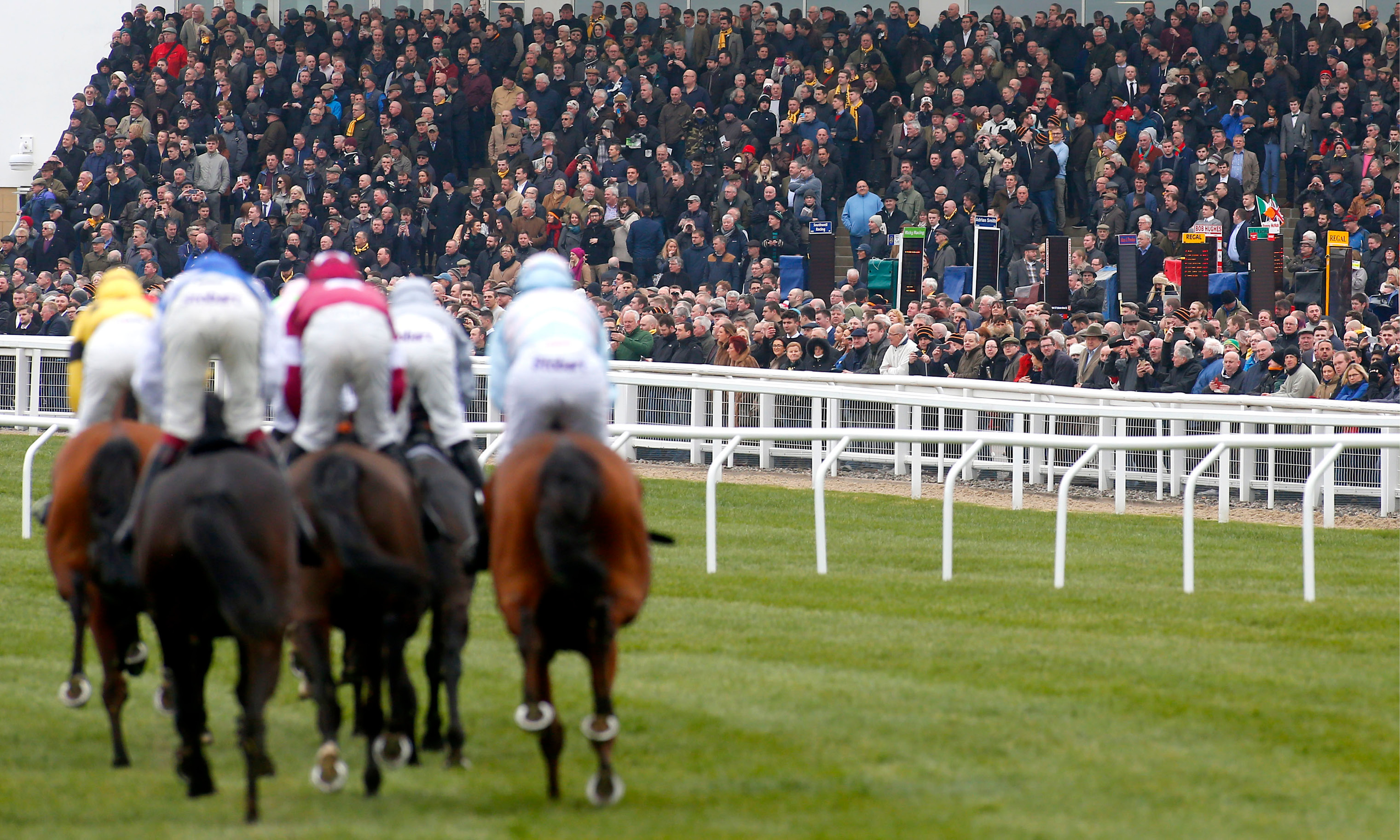It would have been difficult to avoid the widely reported news last week of the equine influenza cases that rocked the racing world.
Late Tuesday, 5th February, news broke that a trainer who had runners earlier that day at both Ayr and Ludlow had three cases of equine influenza, which is similar to flu in humans. Described by the BHA (British Horseracing Authority) as “the most potentially damaging of the respiratory viruses that occur in UK equines, and disease symptoms in non–immune animals include high fever, coughing and nasal discharge”, the most curious and perhaps most concerning factor of the outbreak was that all racehorses in the UK are vaccinated to be immune to the condition, meaning that this must be a new, resistant strain.
The BHA responded almost instantaneously to news of the outbreak by cancelling racing for Wednesday, 6th February. This wise and prompt decision gave them the time to consult with senior figures, veterinary experts and scientists about formulating the best course of action going forward and news of that outcome came through later that day.
The BHA announced that all UK racing would be cancelled until Wednesday, 13th February at the earliest, with that potential return date likely to hinge on the results of swab test results being inspected at laboratories nationwide in the coming days. Cheshire trainer Donald McCain was soon confirmed to be the trainer with infected runners and his three original cases were swiftly followed by three more, including one that had run on the Wednesday. Trainer Rebecca Menzies soon reported that she thought she had horses infected, spreading fear of a widespread outbreak, but the horses sampled came back clear and those fears proved unfounded.
The AHT (Animal Health Trust) had 2,100 total tests to get through, so, until all were analysed, optimism for a swift return of UK racing remained just that. News broke that Newmarket trainer Simon Crisford had positives by Sunday 10th but these were the only blips and, with proper quarantine measures in place, the BHA reported late on Monday 11th that UK racing would indeed return on Wednesday, 13th February.
Of course, there were critics of the BHA’s course of action, with leading trainer Nigel Twiston-Davies blasting the decision to stop racing altogether as a “massive overreaction”, an opinion backed by several other trainers and even veterinary experts. If the BHA’s policy results in the prevention of this clearly very damaging strain spreading, however, their decision will be vindicated. With the European breeding season just around the corner, the decision to try to stop the spread no doubt has the safeguarding of the future of the sport in mind. Equine influenza, like its human equivalent, is most dangerous among the vulnerable, including the young and pregnant mares, where the condition can prove fatal. The Cheltenham Festival is of course also on the horizon, and it is hoped that the BHA’s approach will safeguard jumps racing’s pinnacle meeting.
Racing indeed then returned on Wednesday 13th after a week-long hiatus. A few trainers were left disgruntled by the policy that all horses must have been vaccinated against influenza in the last six months to run but, otherwise, the green light was met with a huge sigh of relief across the industry. While it would be too early to say racing is out of the woods with vigilance being requested by the BHA, it seems their safety first policy may well have paid off.

COMMENTS